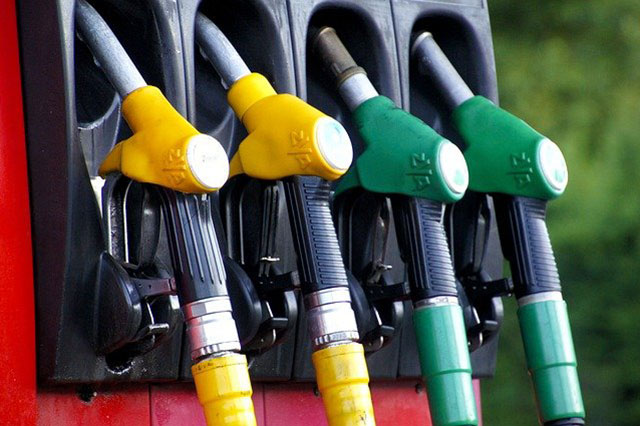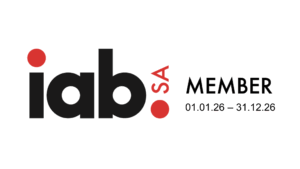Cape Town – International oil prices have surged past $70 per barrel after Israel launched air strikes on Iran’s nuclear facilities, sparking fears of a broader conflict in the oil-rich Middle East.
Brent crude, a global benchmark, rose more than 7% in a single day, closing at $74.23 per barrel — significantly higher than the previous month’s average of $63.95, which underpinned the current fuel price structure in South Africa, IOL reported
Potential Impact on South African Fuel Prices
South Africa is highly exposed to global oil price shocks because it imports the majority of its fuel. The country’s fuel prices are determined by two main factors:
-
International oil prices (which affect the Basic Fuel Price)
-
The rand/US dollar exchange rate
Both have recently moved against South African consumers:
-
Oil prices have surged due to supply fears from the Middle East.
“Iranian oil is particularly vital for China, the world’s largest importer of the commodity, and any disruption will impact the world’s second-largest economy.
“The Brent crude oil price surged by as much as 13% after the strikes, briefly surging over $78 per barrel. It has since come down slightly to $74.68 per barrel, but is still up 7.69%,” reported Daily Investor.
-
The rand has weakened against the dollar as investors flee emerging markets during times of geopolitical uncertainty, further pushing up the local price of fuel.
While early June data from the Central Energy Fund had pointed to small decreases for July (7 cents for petrol, 11 cents for diesel), these projections were based on lower oil prices earlier in the month. If the current spike in oil prices persists, South Africans could see fuel price increases of more than 30 cents per litre in July.
Current Prices and Tax Increases
As of mid-June 2025, inland prices for 93 Unleaded petrol are R21.24/litre, and 95 Unleaded is R21.35/litre (R20.55 at the coast). The recent budget increased the General Fuel Levy by 16 cents per litre for petrol and 15 cents for diesel, bringing the total tax on petrol to R6.37 per litre (including the Road Accident Fund levy). These tax hikes have offset some of the recent minor fuel price cuts, meaning any future increases will hit consumers even harder.
Broader Economic Implications
Rising fuel prices have a cascading effect on South Africa’s economy:
-
Transport costs rise, pushing up the price of goods and services, since about 85% of goods are transported by road.
-
Inflationary pressures mount, making it harder for the South African Reserve Bank to cut interest rates or support economic growth.
-
The cost of living increases, squeezing already-strained household budgets.
Worst-Case Scenarios
If the Middle East conflict escalates and the Strait of Hormuz (through which 20% of the world’s oil flows) is closed, oil prices could spike to between $120 and $130 per barrel, according to JP Morgan. This would have a severe impact on South Africa’s fuel prices and broader economy1.
Summary Table: Key Factors Affecting South African Fuel Prices
| Factor | Current Status (June 2025) | Impact on Fuel Prices |
|---|---|---|
| Brent Crude Oil Price | $74.23 per barrel (up >7%) | Upward pressure |
| Rand/US Dollar Exchange Rate | Rand weakened (R17.96/$) | Upward pressure |
| General Fuel Levy | Increased by 16c (petrol), 15c (diesel) | Upward pressure |
| Early July Projections | Small decreases (based on old data) | Now likely to reverse |
| Risk of Middle East Escalation | High | Potential for sharp increases |
Outlook
If current oil price trends persist, South Africans should brace for notable fuel price hikes in July, with increases of more than 30 cents per litre possible. The combination of global supply fears, a weaker rand, and higher local fuel taxes means motorists and businesses will likely face a “double blow” at the pumps, with knock-on effects for inflation and the cost of living.
Follow African Insider on Facebook, X and Instagram
Picture: Pixabay
For more African news, visit Africaninsider.com
Compiled by Betha Madhomu



